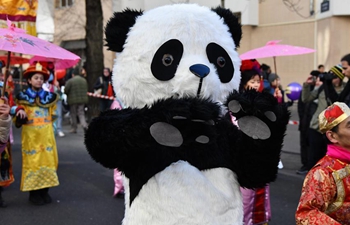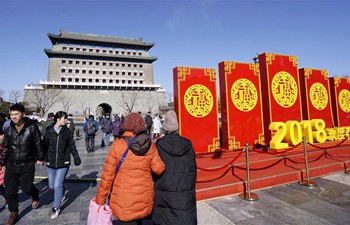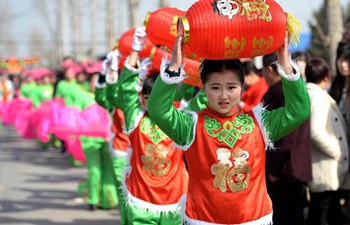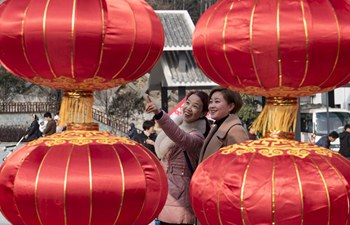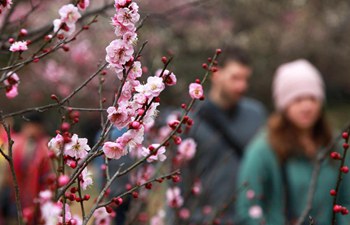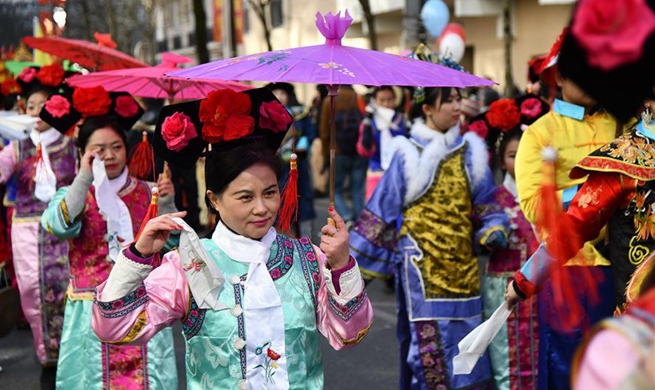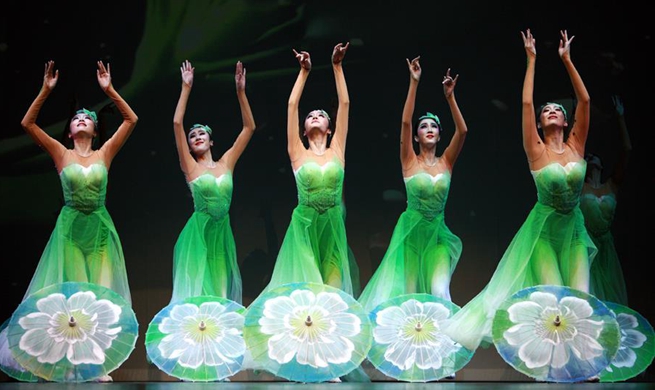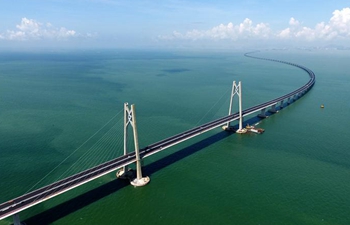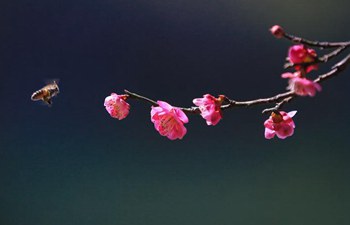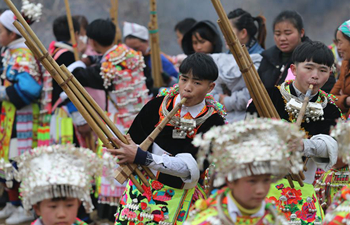HAVANA, Feb. 25 (Xinhua) -- On a November day in 1492, Spanish conquistadors Rodrigo de Xerez and Luis de Torres spied several natives in what is now Cuba smoking some dried leaves that gave off a "peculiar aroma."
They soon acquired a taste for "cohiba," the native term for tobacco, sparking a trend that would spread throughout the European continent and lay the foundations for Cuba's thriving cigar-making industry.
A close friend of Christopher Columbus, De Xerez soon returned to Spain aboard the caravel La Nina, taking the habit of smoking with him.
At first the unusual sight of De Xerez lighting up and exhaling swirls of smoke irked his neighbors. They denounced him to the Inquisition, which had him imprisoned for his "pagan and diabolic" habits.
De Xerez was accused of witchcraft, since "only the devil could give a man the power to smoke through his mouth," but by the time he was released from prison seven years later, smoking was widespread.
Today, Cohiba is Cuba's best-selling premium cigar brand, and as such will be featured at the 20th Habanos Festival starting Monday in Cuba's capital.
Although tobacco is grown in several Cuban provinces, it is in westernmost Pinar del Rio where the best leaves are harvested, especially in the area of Vueltabajo.
The region is considered the heart of Cuba's tobacco country, accounting for nearly 70 percent of national production.
Local "vegueros," as tobacco farmers are called, come from families who have been in the business for generations.
The late Alejandro Robaina became the only Cuban "veguero" to have a prestigious cigar named after him, while he was still living.
Robaina, a lifelong tobacco farmer, said the secret to a quality cigar was in "having good land and pampering it."
A cigar roller may tell you the secret also lies in the rolling.
Over the years, Cuban cigars gained quite a fan base that included such personalities as former British Prime Minister Winston Churchill and U.S. President John F. Kennedy, and of course, Cuba's legendary revolutionary Fidel Castro.
Cuban cigars acquired a certain mystique that made them all the more prized after Kennedy imposed a trade embargo against Castro's Cuban government that put Cohibas and other brands beyond the reach of American consumers.
Despite the embargo, Cuba's cigar industry continued to thrive, today selling to more than 150 nations, and generating more than 400 million U.S. dollars in revenue in 2017.




